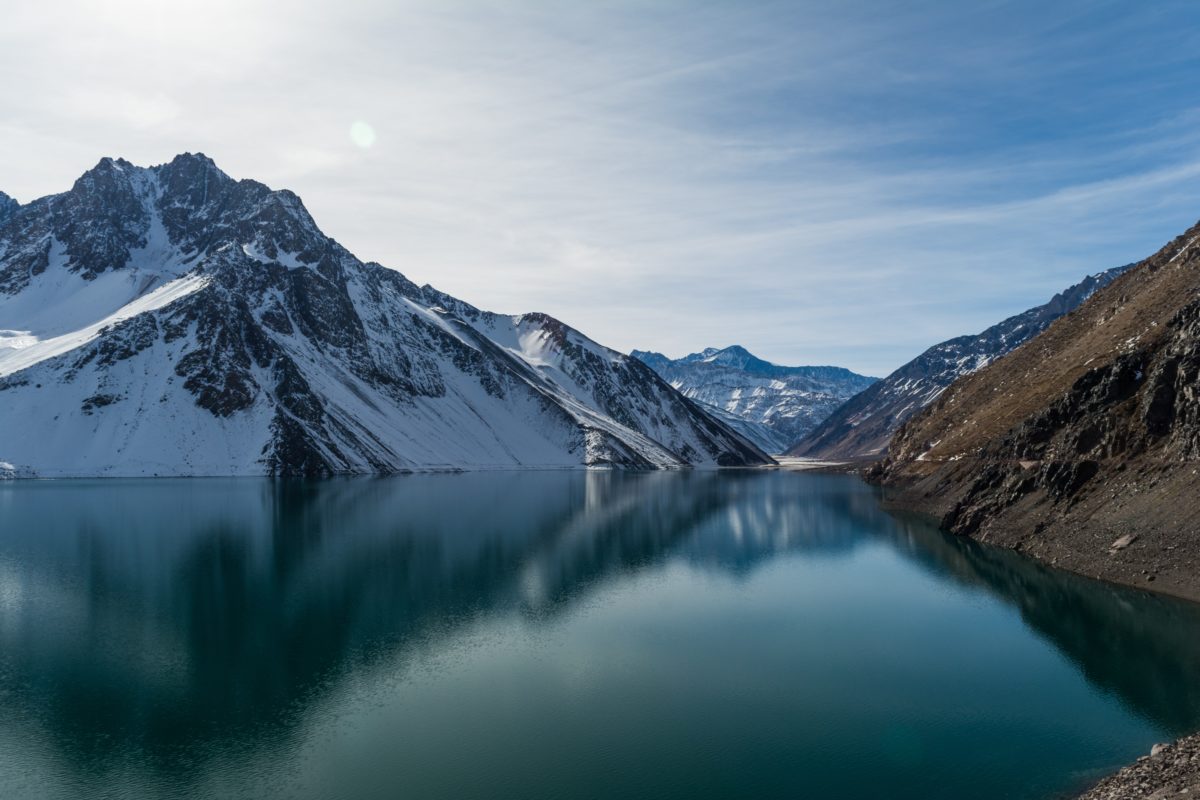5 Positive Impacts:
- Strong Economy: Chile has a strong economy because of its tourism industry. Chile got around 2.35 million international visitors from January to August 2013. The region’s tourism promotion organizations are now focused on reaching the goal of more than 4 million international visitors in 2014. The contribution to GDP would therefore be increased by 6 people.
- Adventure Tourism in Chile: Over the years, adventure travel begins to achieve greater significance. Most of the travellers visiting Chile are seeking for new adventures; and Chile offers so many places to visit and have all kinds of experiences . This trend in tourism has led Chile to win, once again the “Best Adventure Tourism Destination in South America” award (Legal team Chile, 2018).
- Fast growing in wellness tourism: By 2022, Global Wellness Institute predicts that wellness tourism will rise at an annual average rate of 7.5 percent, slightly higher than the 6.4 percent annual growth expected for global tourism as a whole. In 2022, we expect global spending on wellness tourism to hit over $919 billion, which represent 18 percent of the global tourism industry. By 2022, we expect to boost “wellness tourism trips to 1.2 billion trips by 8.1 percent annually”(Global Wellness Tourism Economy, 2018). This growth forecast is well-aligned with the expected growth across many sectors that focus on wellness and holistic health (e.g., fitness/mind-body, healthy eating, organic food, etc.), as more consumers adopt wellness as a dominant lifestyle value and decision driver.
- Natural environment preservation: Several countries have chosen a peaceful and sustainable mode of tourism that encourages the protection and appreciation of the natural environment, and “Chile is not lagging behind” (Chile Travel, 2019), responding to needs in a dedicated and involved manner. There are still several hurdles ahead, but progress is being made on the subject, provided that the immense range of parks and national reserves is leading the way for tourism to be eco-friendly.
- Wellness products and brands travel with their customers: As fitness habits for many consumers become a normal lifestyle, products and brands accompany their customers on their journeys to help them maintain these rituals everywhere they go. Some retail and product firms, such as “LuLulemon and Free People,” are expanding their fitness products into events, such as giving their clients wellness retreats.
5 Negative Impacts
- Anti-Government Protests: After more than a month of anti-government protests, the social outbreaks in Chile affected the tourism industry, which affected the economy and the labor market of the South American country. The tourism industry has announced that over 37,000 employees have lost their jobs, with more than $938 million in damages following the cancellation of 50 percent of hotel bookings.
- Deforestation: Chile alone lost nearly 2 million hectares of tropical forest between 1985 and 1995, according to the World Wildlife Fund – “ burn for pulp, then replanted with pine and eucalyptus plantations “ (Responsible Travel, n.d.). that developed at an annual rate of nearly 10%. There are also determental effects on biodiversity from the loss of native forests. Ninety percent of Chile’s indigenous forest-dependent species are found elsewhere in the world, including Pudu , the smallest deer species in the world and a rare hummingbird that builds their nest from spiderwebs and moss.
- Waste disposal: Since the amount of tourists is growing it does bring consequences all along. This is a problem that Chile is facing due to a big amount of waste disposal in many natural areas. It is important to create incentives for tourists to bring their own bottles of water and reuse them.
- Patagonia for sale: The spindigenous Mapuche people of Patagonia believe that “ it was never colonized by the Spanish. Since there remains the so-called ‘Indian crisis.” (Responsible Travel, n.d.). Patagonia is the ancestral home of the Mapuche indiginous people who have existed for millennia on this land, but have no documents to prove possession. To Mapuche indiginous, land is precious, and the way to transfer them to the new place is unacceptable. These information is indicated for the foreigner tourist to respect for indigenous or local people land, especially the message to the billionaire to not purchase indigenous land.
- Under-mining the future: Mining is a vital industry to Chile, providing around a third of the government’s total revenues. So its importance to the country’s economic well-being cannot be ignored (Responsible Travel, n.d.). Mining does have a negative impact on the environment.
